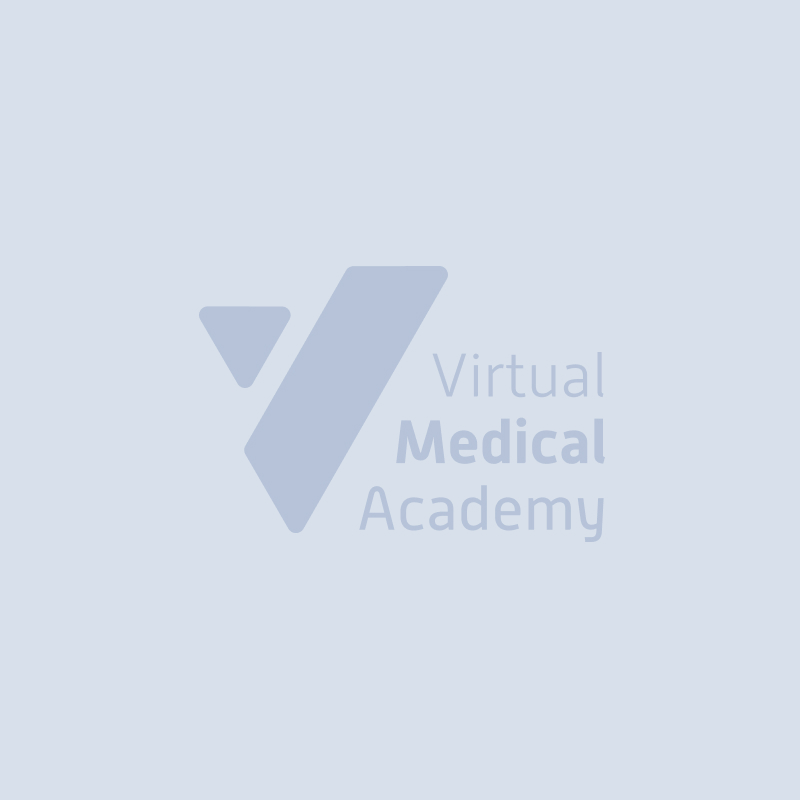Introduction
Welcome to Emergency Medicine / Critical Care "Survival Course"
Whether you are a recent graduate or a seasoned RN, this "survival course" will efficiently get you up to speed on key fundamentals and updates in several important topics including:
Shock and sepsis, DKA, pneumonia, pulmonary embolism, pleural effusion, hyponatremia, hypernatremia, hyperkalemia, mechanical ventilation, LFTs, liver diseases, heart failure, and acute renal failure.
Dr. Seheult is trusted by Universities, students, and medical professionals, for his ability to explain and illustrate key concepts with just enough detail so they are understood, not memorized. You won't become overburdened with too much information too quickly.
Objectives
By the end of the course, attendees should be able to:
- Define the pathophysiology, diagnostic modalities, and key signs of symptoms for the three main types of shock.
- Understand key treatment principles of shock in addition to important monitoring considerations.
- Understand the "why" behind DKA management, monitoring, and treatment principles.
- Define the differences between the major types of pneumonia with regards to presentation, monitoring, and treatment principles.
- Understand the magnitude of pulmonary embolism problems and apply key prevention strategies.
- Identify the major types of pleural effusion and the differences in management.
- Understand the relevant pathophysiology of hyponatremia and hypernatremia to delineate the different types and the optimum monitoring and treatment strategies.
- Define the different causes of hyperkalemia, and understand key treatment and monitoring principles.
- Understand each of the different modes of mechanical ventilation and why each one is used differently.
- Understand essential liver physiology to give context to the liver function tests (LFT) and key monitoring principles.
- Define the key signs and symptoms for diseases specific to the biliary tract.
- Understand how the different types of heart failure differ in their presentation, treatment, and monitoring principles.
- Apply understanding of the underlying pathophysiology of acute renal failure to anticipate sequelae after initial patient treatment.
Main theme
Dr. Roger Seheult examines several of the most common and important problems encountered by nurses in the emergency department, critical care, and inpatient hospital setting. A series of videos (each no longer than 20 minutes) full of illustrations explain key elements and updates for shock and sepsis, DKA, pneumonia, pulmonary embolism, pleural effusion, hyponatremia, hypernatremia, hyperkalemia, mechanical ventilation, LFTs, liver diseases, heart failure, and acute renal failure. Quizzes after each section will test your understanding. Purchase of the course grants you 3 weeks of access to all recorded videos.
Videos officially licensed to VMA by MedCram.com
This Course For :
Speaker
Price
Course Fee
Full Course
 238.05
238.05 See Registration Policies, Cancellations & Refunds
Contact Information
Organization : Virtual Medical AcademyPhone : 920008161
Email : [email protected]
 238.05
238.05
VAT Included
 Certificate Available
Certificate Available  Online Recorded
Online Recorded
- 72




